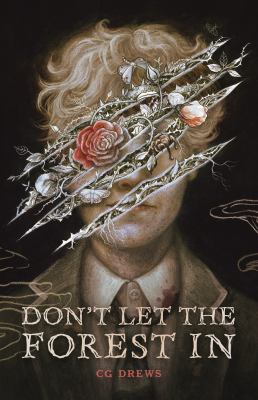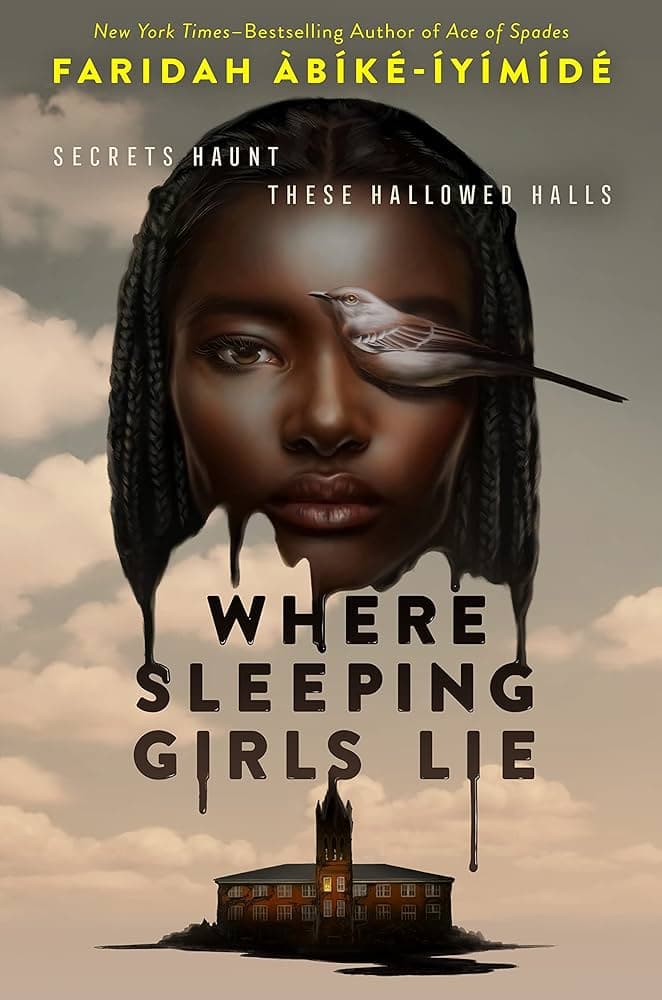
Where Sleeping Girls Lie
by Faridah Àbíké-Íyímídé
“It’s like I keep stumbling into a dark room, searching for the switch to make things bright again. To make me remember. But the switch isn’t there. Was it there before? Sade Hussein is starting her third year of high school, this time at the prestigious Alfred Nobel Academy boarding school. After being home-schooled all her life and feeling like a magnet for misfortune, she’s not sure what will happen. What she doesn’t expect though is for her roommate Elizabeth to disappear after Sade’s first night. Or for people to think she had something to do with it. With rumors swirling around her, Sade catches the attention of the most popular girls in school – collectively known as the ‘Unholy Trinity’ – and they bring her into their fold. Between learning more about them – especially Persephone, who Sade finds herself drawn to – playing catch-up in class, and trying to figure out what happened to Elizabeth, Sade has a lot on her plate. It doesn’t help that she’s already dealing with grief from the many tragedies in her family. And then a student is found dead. The more Sade investigates, the more she realizes there’s more to Alfred Nobel Academy and its students than she realized. Secrets lurk around every corner and beneath every surface…secrets that rival even her own.” -Goodreads
Where Sleeping Girls Lie #1
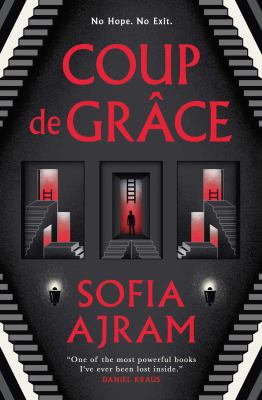
Coup de Grâce
by Sofia Ajram
“Vicken has a plan: throw himself into the Saint Lawrence River in Montreal and end it all for good, believing it to be the only way out for him after a lifetime of depression and pain. But, stepping off the subway, he finds himself in an endless, looping station. Determined to find a way out again, he starts to explore the rooms and corridors ahead of him. But no matter how many claustrophobic hallways or vast cathedral-esque rooms he passes through, the exit is nowhere in sight. The more he explores his strange new prison, the more he becomes convinced that he hasn’t been trapped there accidentally, and among the shadows and concrete, he comes to realize that he almost certainly is not alone.” From the inside flap.
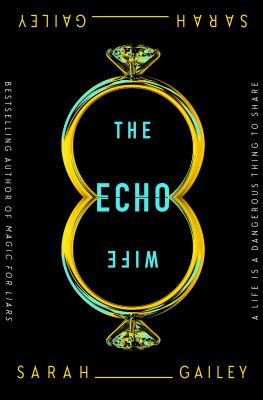
The Echo Wife
by Sarah Gailey
“‘When they said all happy families are alike, I don’t think this is what they meant…’ Evelyn Caldwell’s husband Nathan has been having an affair – with Evelyn Caldwell. Or, to be exact, with a genetically cloned replica. After a morning that begins with a confrontation and ends with Nathan’s body bleeding out on the kitchen floor, the two Caldwell wives will have to think fast–before sharing everything includes sharing a jail cell. The Echo Wife is a non-stop thrill ride of lies, betrayal, and identity, perfect for fans of Big Little Lies and Killing Eve.” — Provided by publisher.
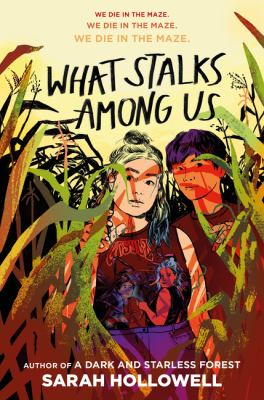
What Stalks Among Us
by Sarah Hollowell
“The last thing they expect to come across is a giant, abandoned corn maze. But with a whole day of playing hooky unspooling before them, they make their second mistake. Or perhaps their third? Maybe even their fourth. Because Sadie and Logan have definitely entered this maze before. And again before that. They quickly realize they’ve not only entered this maze before, they’ve died in it too. A lot.” –Dust jacket flap.

Nothing But Blackened Teeth
by Cassandra Khaw
“Cassandra Khaw’s Nothing But Blackened Teeth is a gorgeously creepy haunted house tale, steeped in Japanese folklore and full of devastating twists. A Heian-era mansion stands abandoned, its foundations resting on the bones of a bride and its walls packed with the remains of the girls sacrificed to keep her company. It’s the perfect venue for a group of thrill-seeking friends, brought back together to celebrate a wedding. A night of food, drinks, and games quickly spirals into a nightmare as secrets get dragged out and relationships are tested. But the house has secrets too. Lurking in the shadows is the ghost bride with a black smile and a hungry heart. And she gets lonely down there in the dirt. Effortlessly taking the classic haunted house story and turning it on its head, Nothing but Blackened Teeth is a sharp and devastating exploration of grief, the parasitic nature of relationships, and the consequences of our actions.” — Provided by publisher.

Other Terrors: An Inclusive Anthology
by Vince A. Liaguno (editor) & Rena Mason (editor)
“An anthology of original new horror stories edited by Bram Stoker Award winners Vince Liaguno and Rena Mason that showcases authors from underrepresented backgrounds telling terrifying tales of what it means to be, or merely to seem, “other.””
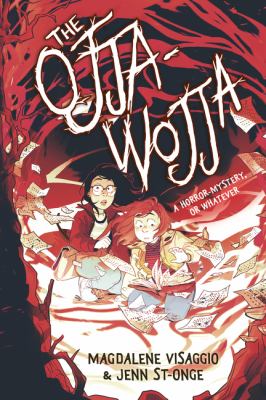
The Ojja-Wojja: A Horror-Mystery, or Whatever
by Magdalene Visaggio
“While working on a school project about Bolingbroke’s supernatural history, best-friend eighth graders Val and Laurie accidentally unleash a demonic presence connected to a series of mysterious tragedies throughout their town’s sordid history and must find a way to return things to normal.”

